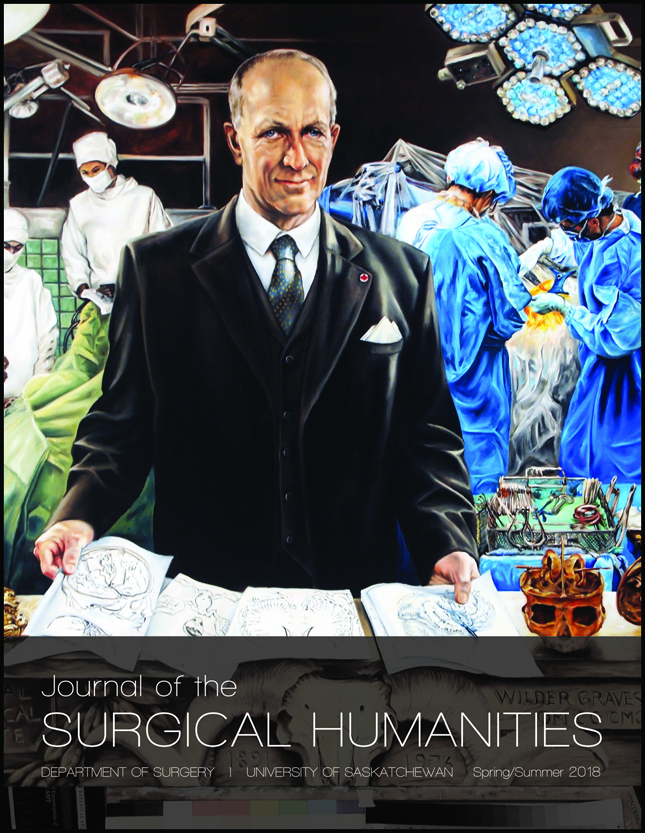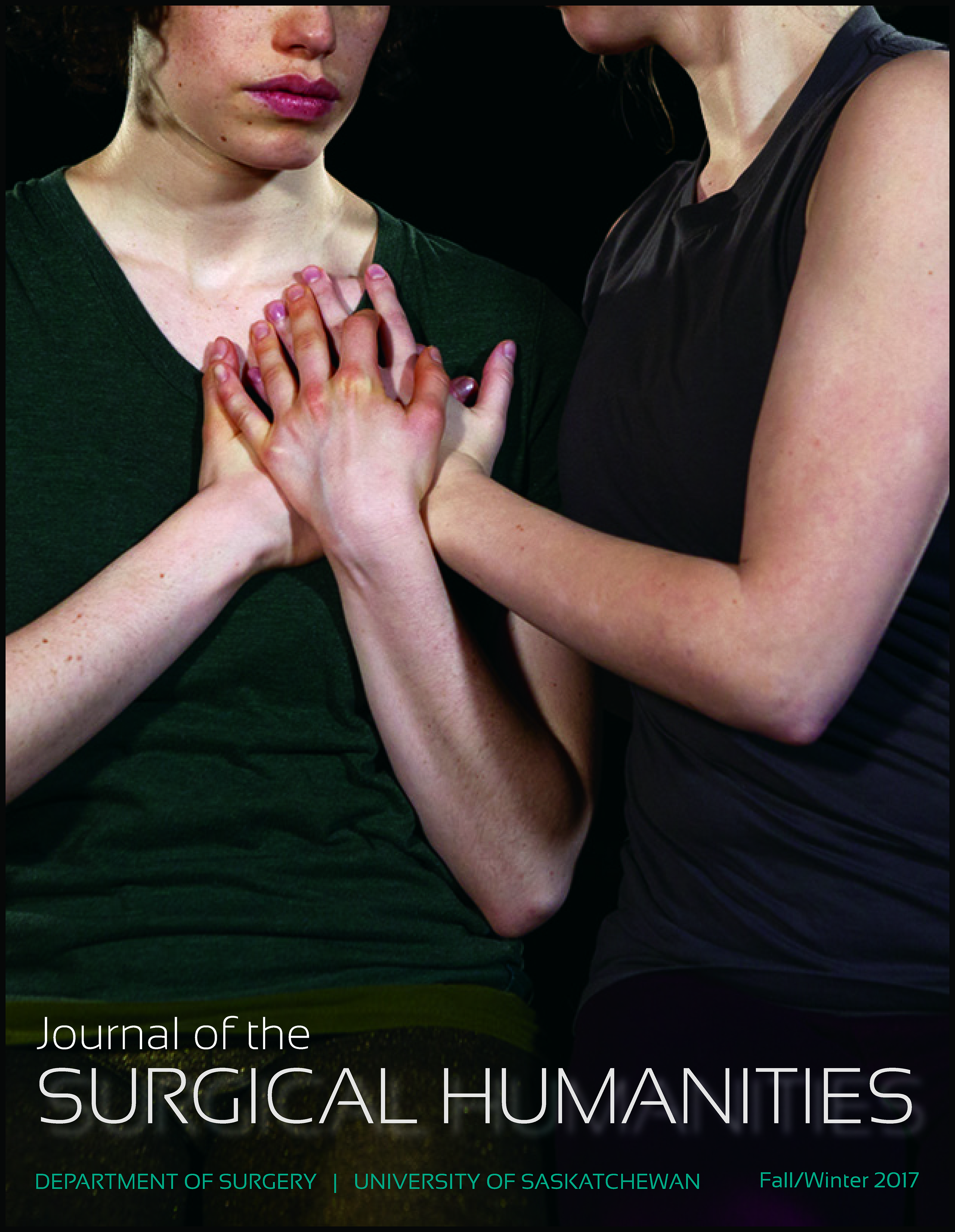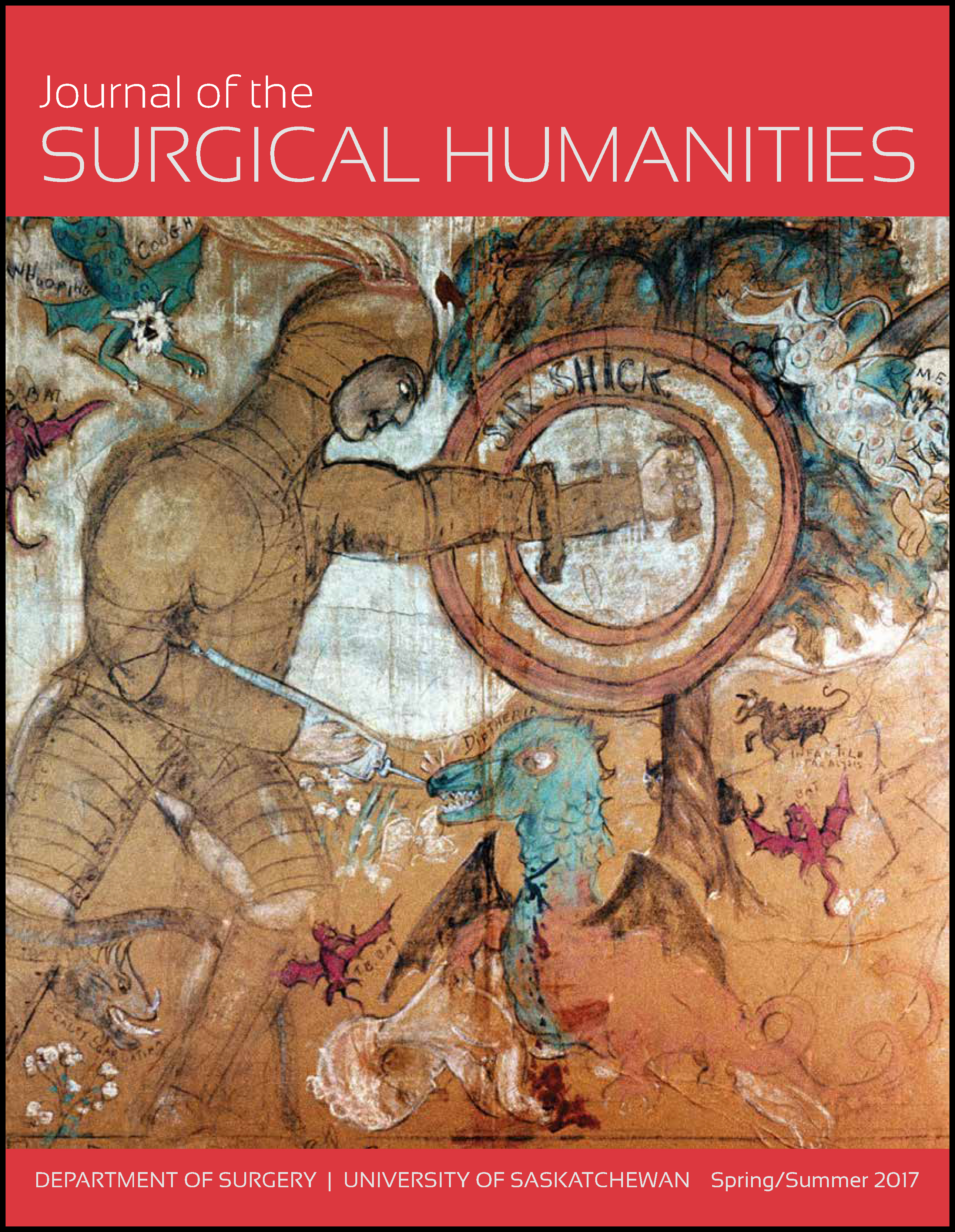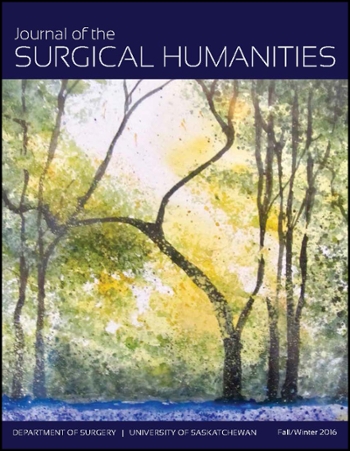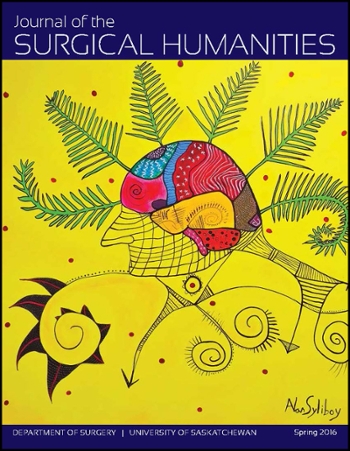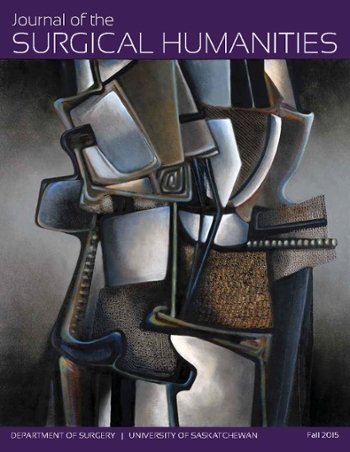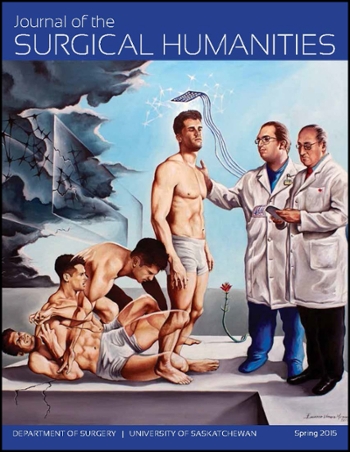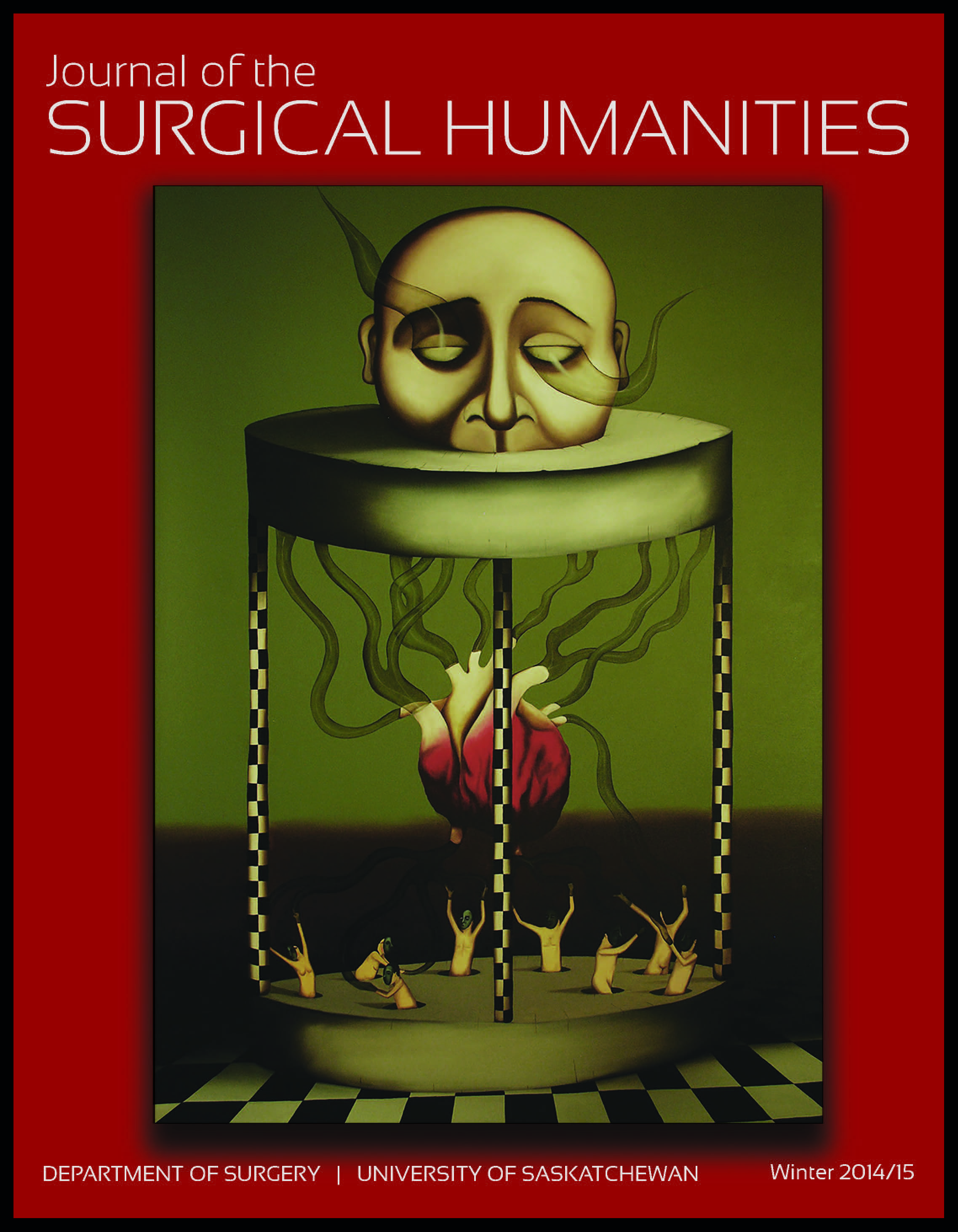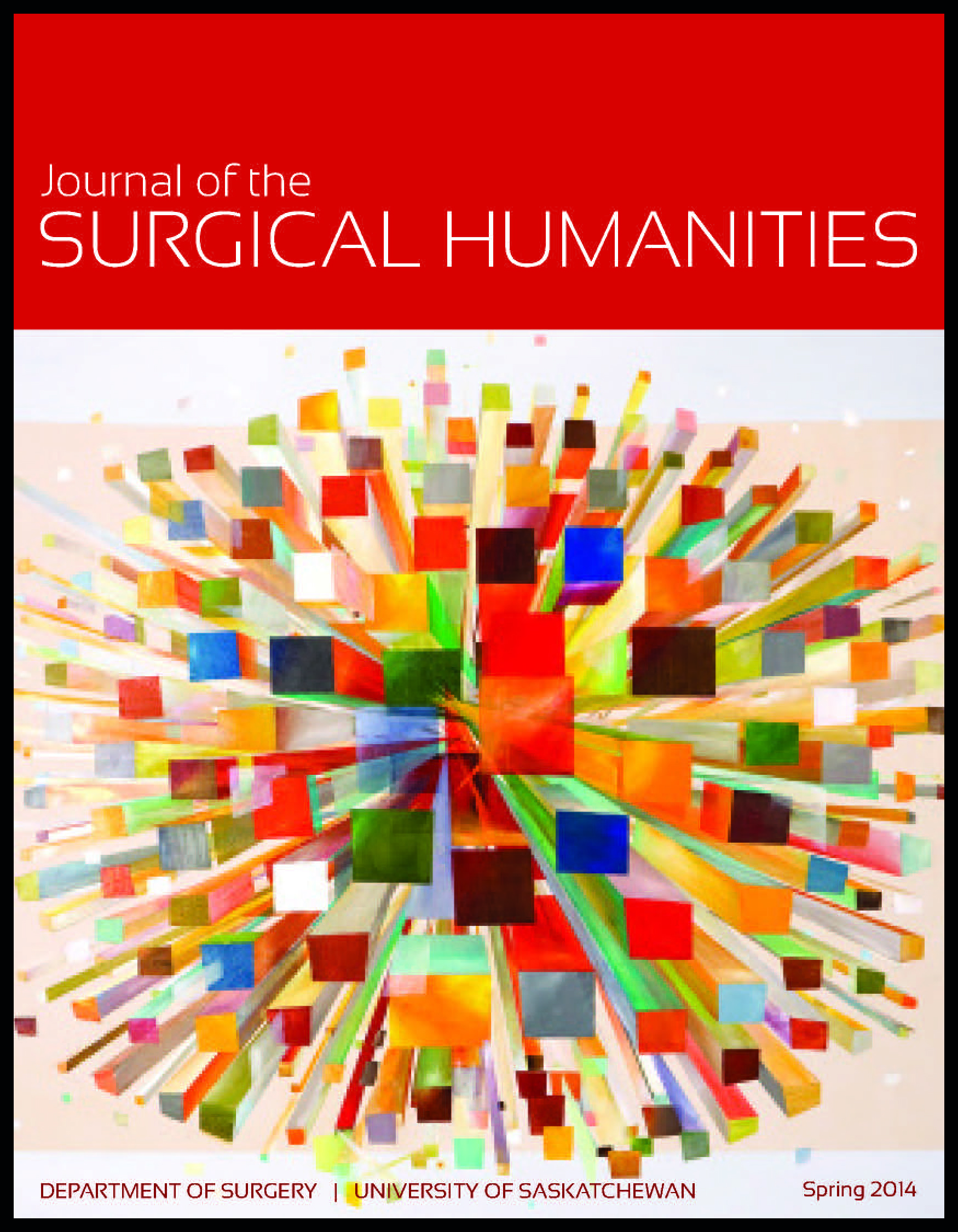Surgical Humanities
Surgical Humanities Day
Every fall, the Department of Surgery hosts Surgical Humanities Day. The day starts with an Exhibition of Art, which showcases works of art – paintings, sketches, photography, quilt-work, poetry … - which feature our own surgeons, residents, medicals students and related health field workers. This is then followed by a Surgical Humanities Grand Rounds in which the speaker brings attention to the inextricable link between medicine and the humanities. Past speakers have included novelists, musicians, physicians and leaders of humanitarian organizations. Surgical Humanities Day ends with an Evening of Fine Music with the ensemble orchestra consisting of our own surgeons, residents and medical students.
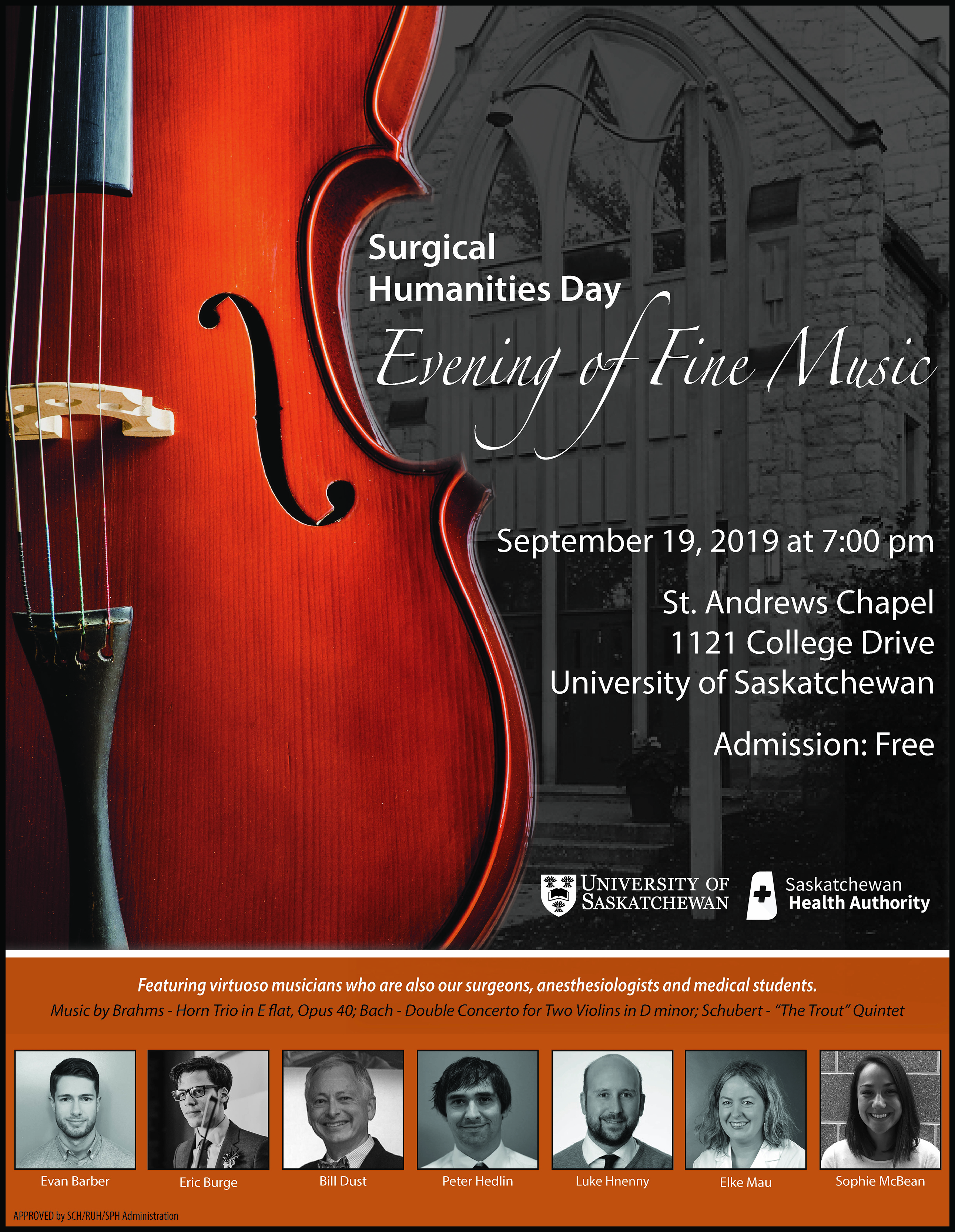 |
 |
Journal of Surgical Humanities
Fall 2020In this journal:
|
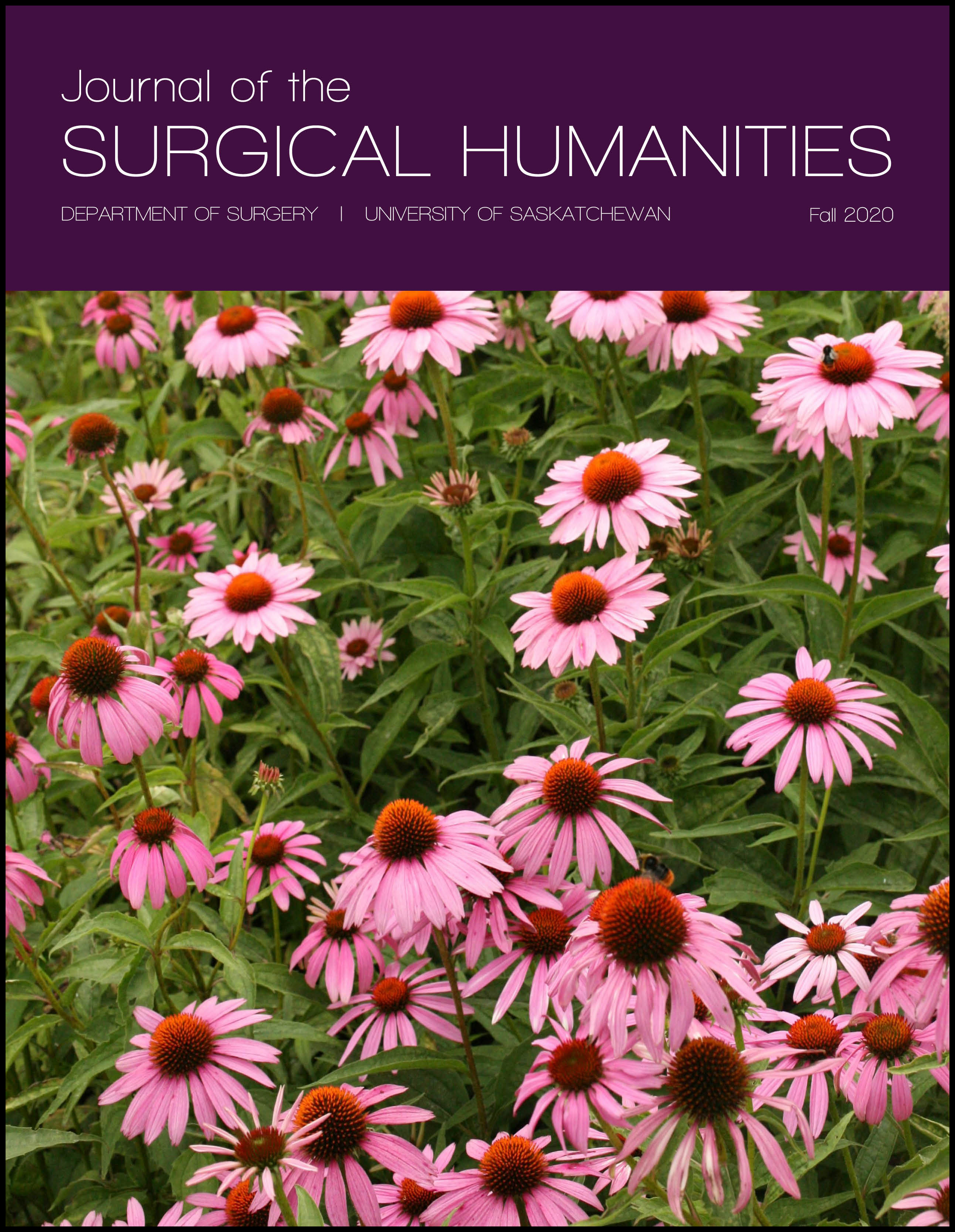 |
Fall 2019In this journal:
|
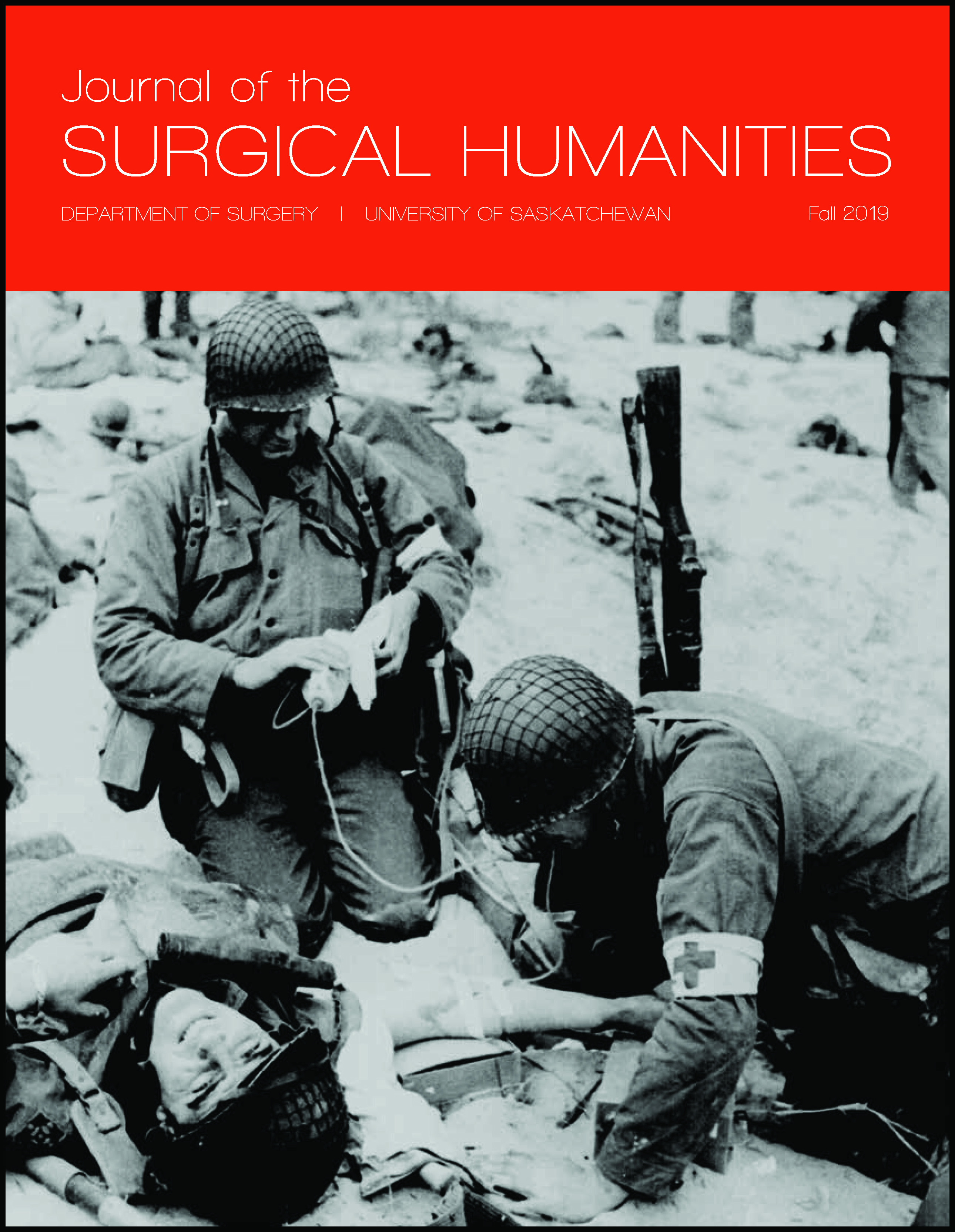 |
Winter 2019In this journal:
|
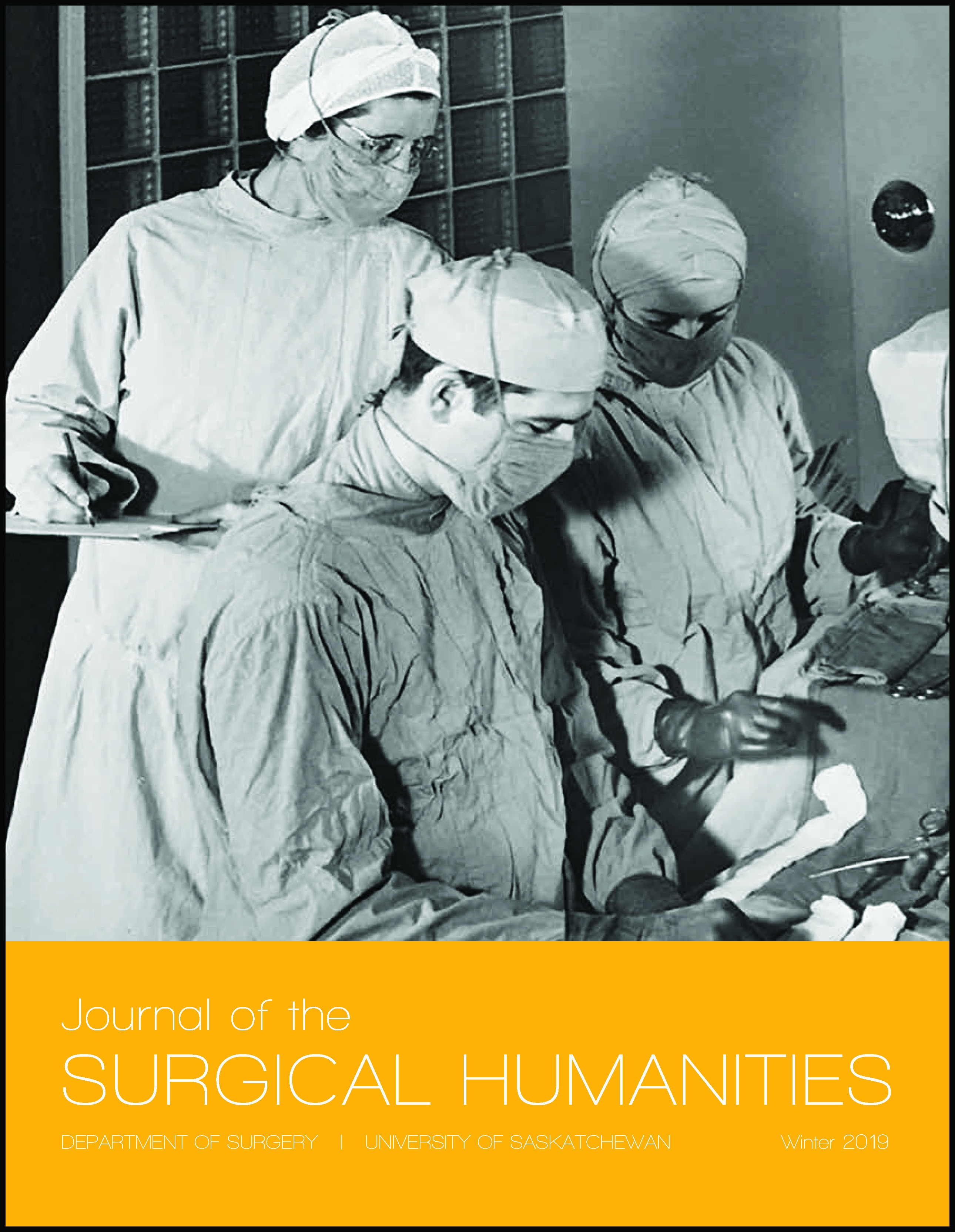 |

